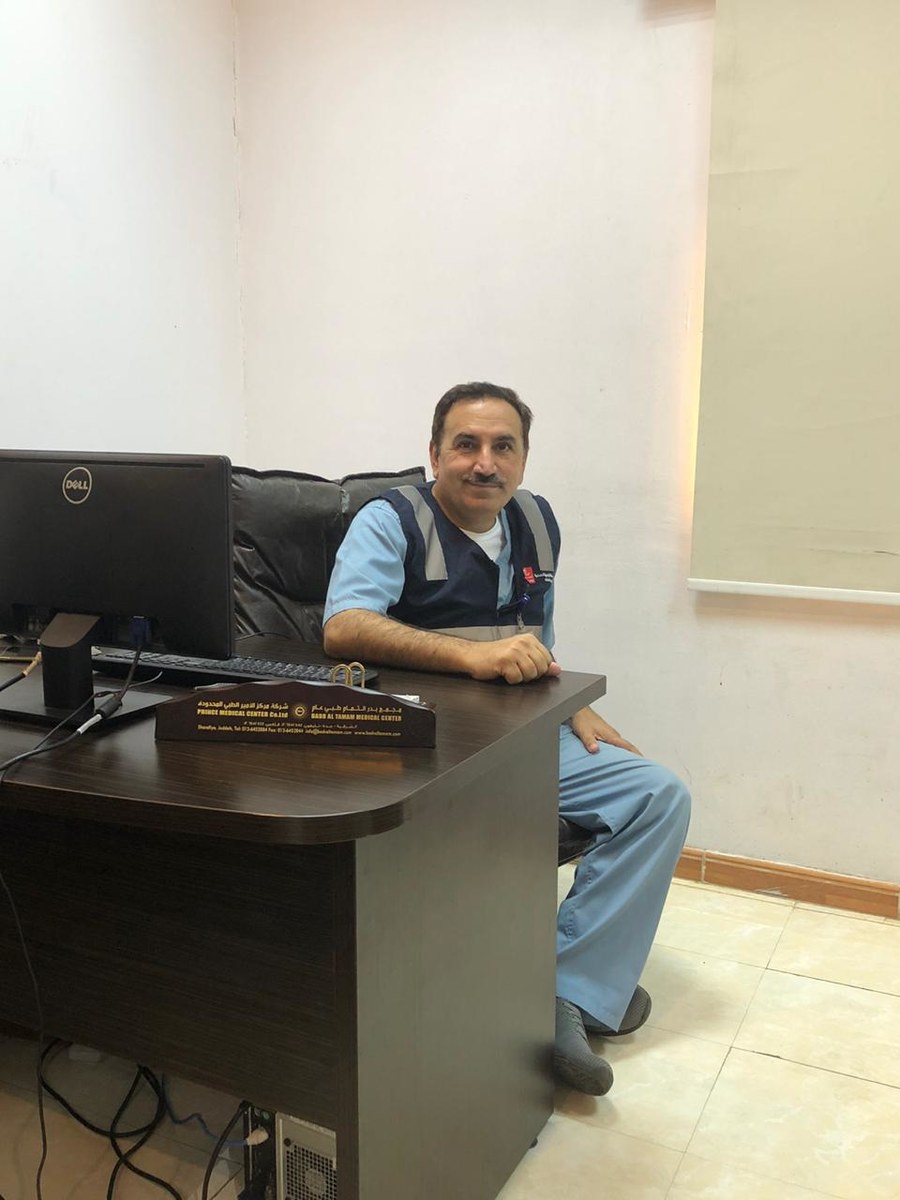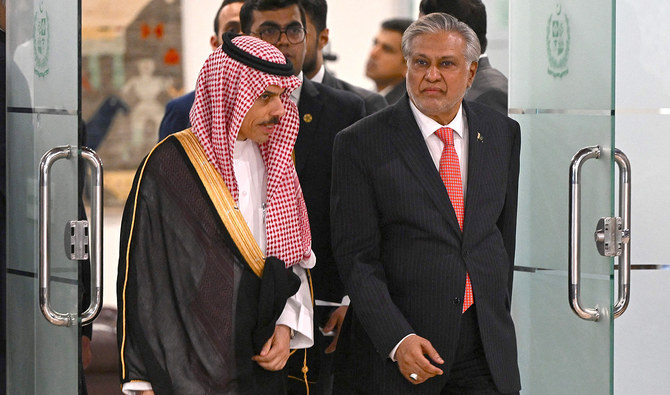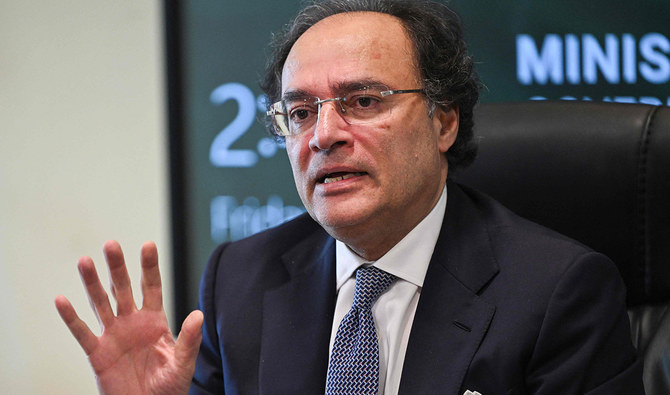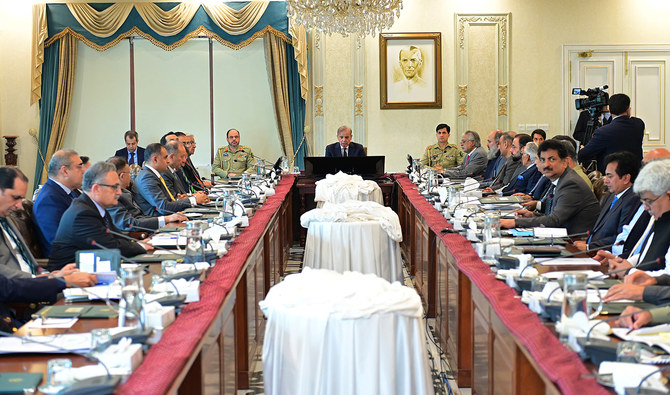ISLAMABAD: Saudi Arabia’s concerted coronavirus response has paid off by bringing the disease spread under control, a Pakistani doctor working for the kingdom’s health ministry told Arab News, as he described the approach taken by Riyadh to contain the outbreak.
“It is an emergency assignment and we are working on war footing,” Dr. Zia Ullah Khan Dawar said in an interview on Thursday, but added that effective and efficient leadership, data-driven policy, enhanced testing and citizens’ strict adherence to health guidelines have made Saudi Arabia’s anti-COVID-19 efforts successful.

Pakistani Dr Zia Ullah Khan Dawar is seen at a quarantine center in Jeddah. (Photo courtesy: Zia Ullah Khan Dawar)
“The Saudi ministry of health is taking concerted approach to flatten and squash the curve,” he said, “Whenever any positive case reported, we immediately go there and do the needful.”
The Pakistani public health specialist has been living in Saudi Arabia for the past four years, earlier serving in its programs to stem tuberculosis, dengue fever and malaria.
“Pakistani doctors and specialists are seen as very competent, trustworthy, skillful and are enjoying great respect, recognition and very good reputation among the public and the government,” he said.
Dawar currently works for the health ministry’s Jeddah office, in its team for COVID-19 surveillance and data analysis.

Pakistani doctor Zia Ullah Khan Dawar is sitting at his office in Jeddah. (Photo courtesy: Zia Ullah Khan Dawar)
“Saudi government policy is in line with World Health Organization (WHO) standard guidelines,” Dawar said as he explained that concerned ministries cooperate with each other in implementing different strategies such as complete or selective lockdowns, social distancing and self-isolation, contact tracing, and enhanced testing and monitoring.
He said that in Jeddah alone, the government has established 37 fully equipped quarantine centers at hotels and new buildings. Separate facilities are provided to the contacts of persons who tested positive for COVID-19, those who are asymptomatic virus carriers, and those who entered the kingdom from abroad.
















